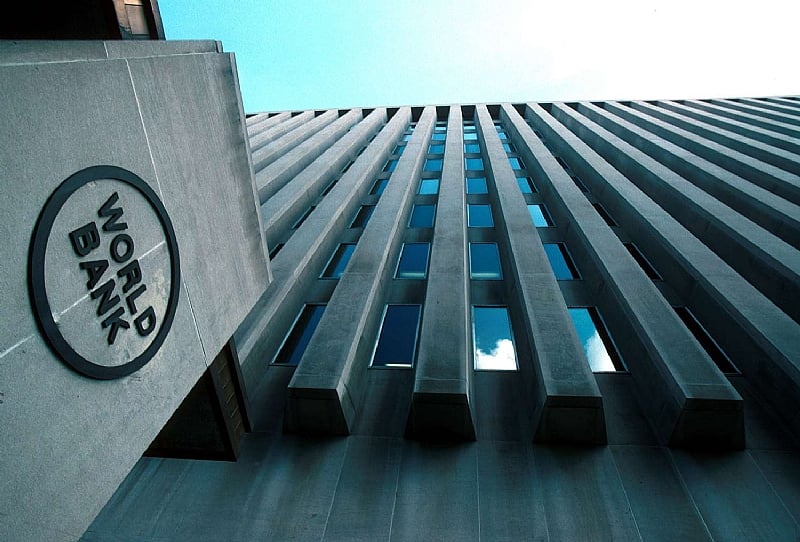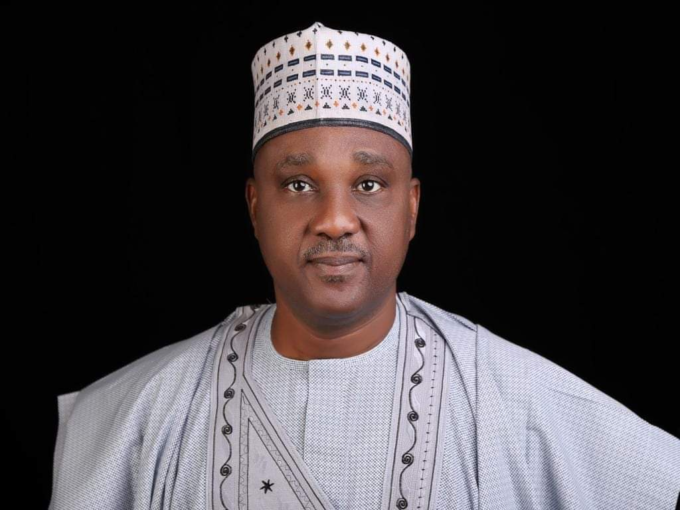From Adanna Nnamani, Abuja
The World Bank has forecast a 3.6% economic growth rate for Nigeria in 2025, up from 3.4% in 2024, driven by ongoing macroeconomic reforms. The projection, outlined in the Spring 2025 edition of Africa’s Pulse, contrasts with the International Monetary Fund’s (IMF) more cautious 3.0% estimate for 2025, as per its April 2025 World Economic Outlook.
The IMF cites weaker oil revenues and structural constraints, projecting a further decline to 2.7% in 2026.
The World Bank attributes Nigeria’s growth to non-oil sectors, particularly financial services, telecommunications, and information technology, alongside reduced inflation and improved business sentiment.
“Economic growth is expected to remain moderate, increasing from 3.4% in 2024 to 3.6% in 2025, and to 3.8% in 2026–27, driven by the service sector and a rebound in oil production,” the report stated. Sustained reforms could push growth to 3.8% by 2027.
Inflation projections differ significantly. The World Bank expects inflation to drop from 26.6% in 2024 to 22.1% in 2025 and 15.9% by 2027, following the National Bureau of Statistics’ (NBS) Consumer Price Index (CPI) rebasing in January 2025. The IMF, however, forecasts 26.5% in 2025, rising to 37.0% in 2026, due to structural inefficiencies and exchange rate pass-through effects. Inflation fell from 34.8% in December 2024 to 24.48% in January 2025 but rose slightly to 24.23% in March, driven by food prices.
The World Bank noted the Naira’s over 40% depreciation in 2024, one of Africa’s weakest currencies, due to exchange rate unification reforms. These reforms improved forex liquidity and reduced Naira volatility, fostering a stable macroeconomic climate. The Bank projects a current account surplus increase from 9.2% of GDP in 2024 to 9.4% by 2026, driven by lower imports, higher remittances, and oil exports. The IMF predicts a decline to 6.9% in 2025 and 5.2% in 2026, citing global oil price risks.
Both institutions praise Nigeria’s reforms—fuel subsidy removal, ending central bank deficit financing, and exchange rate unification—for enhancing fiscal sustainability and investor confidence. However, the IMF warns of persistent inflation and stagnant per capita income, projecting only 0.6% real per capita growth in 2025, limiting benefits for ordinary Nigerians.


















Leave a comment